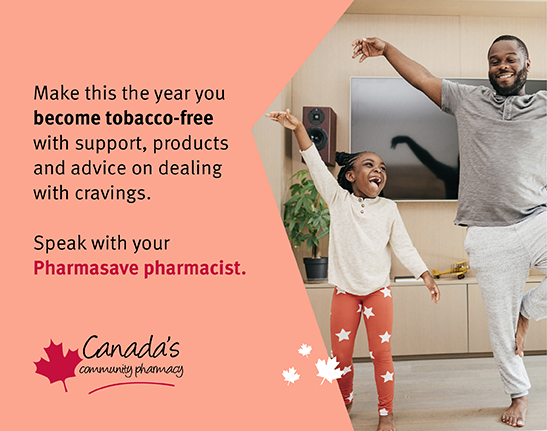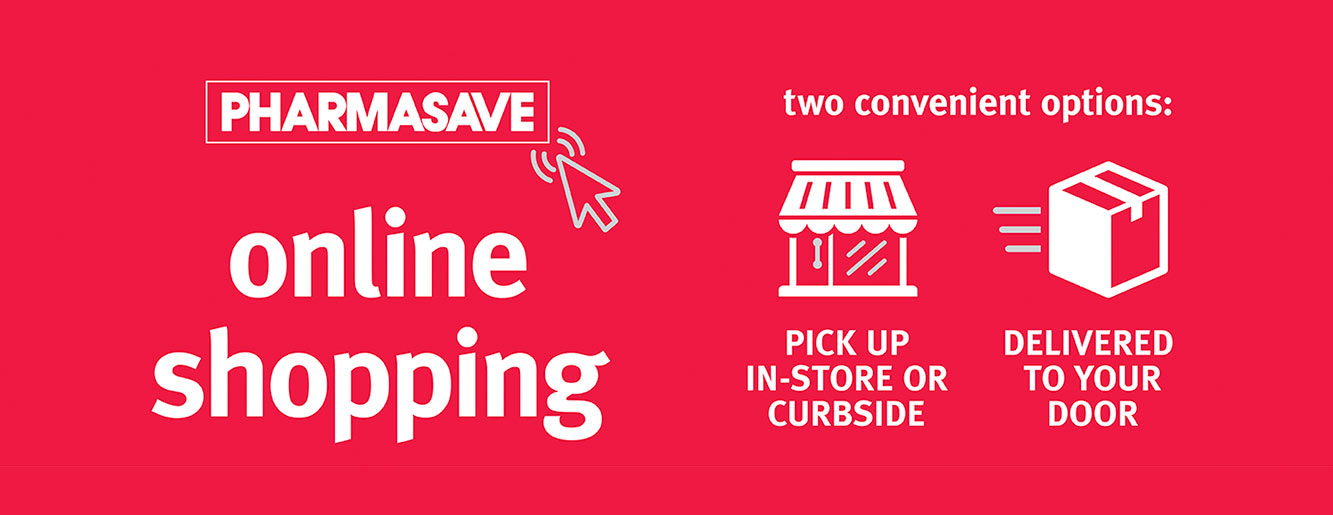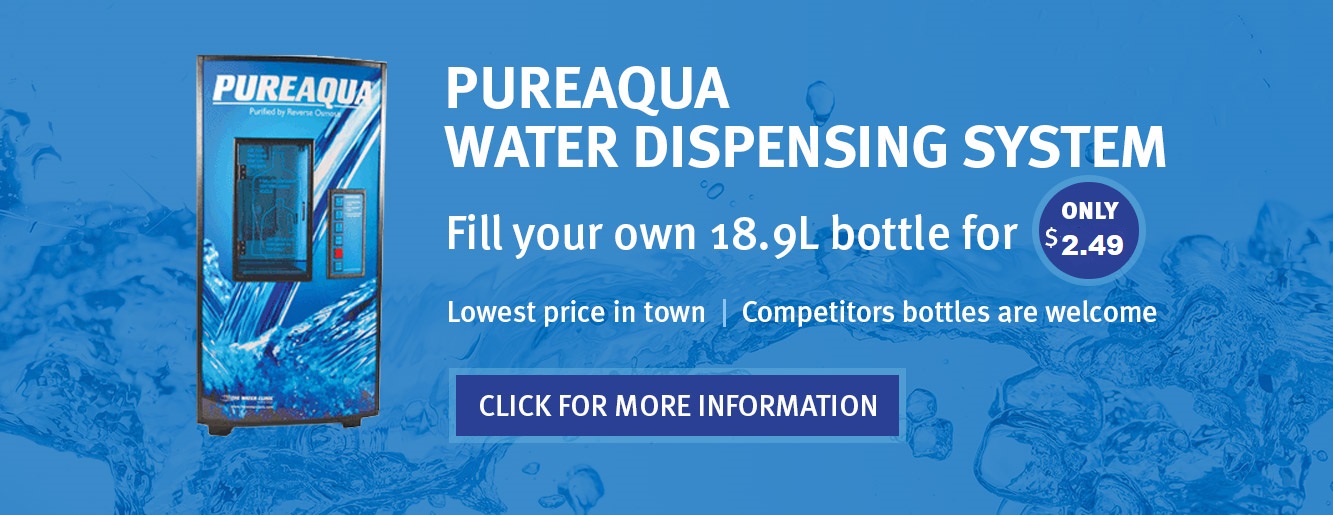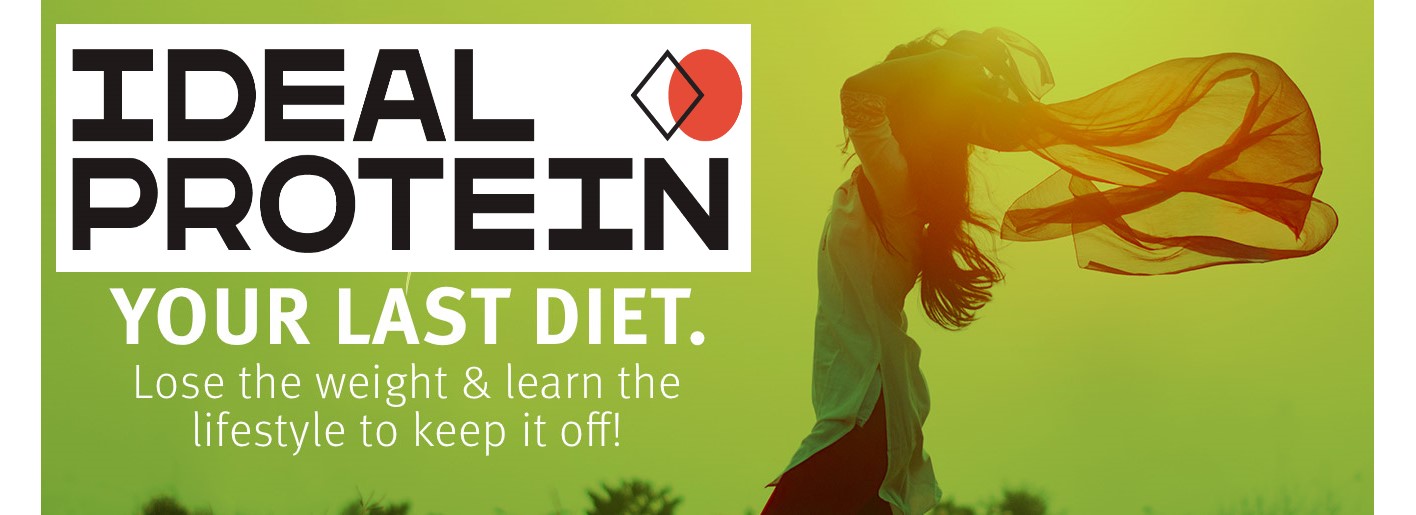
January – Quitting Smoking
Quit smoking
Everyone knows that smoking is bad for your health, which makes quitting smoking an ideal New Year’s resolution. It’s also a popular one – thousands of smokers resolve to quit every year. In fact, some smokers like the resolution so much, they resolve to quit again the next year – and the next… And that’s the problem: it’s not the stopping that’s the hardest part, it’s the not starting again.
There are plenty of ways to go about quitting smoking – see our disease database article and health feature on smoking cessation for more information, and our community support database for groups to give you advice and support. However, any given way won’t work equally well for all people. So it’s necessary to find what is most effective for you. This may mean that it will take several tries before you succeed in quitting. There’s no shame in that – nicotine addiction is an illness, and many illnesses can require trying various forms of treatment before one succeeds.
Your success will also depend on your motivation. If you’re quitting just because it seems like the right thing to do and everyone wants you to, how long will that motivation hold out, especially if you still enjoy smoking? You might “know” that smoking damages your health, but people do all sorts of things they “know” are dangerous or unhealthy. So look carefully at what you’re up against and how you can win.
Make a sheet with four columns.
- In the first column, write down all the things you enjoy about smoking. Rate how much you actually enjoy them. And rate how much of that is actually due to inhaling cigarette smoke rather than, say, getting a short break from work or spending time with friends. Be honest, and figure out which things you enjoy the most.
- Leave the second column blank for a moment.
- In the third column, write down all the trouble smoking causes you. Have you developed lung problems? Do you get colds more often? Do you get cravings when you’re in places where you can’t smoke – airplanes and restaurants, for instance? How much does it cost you every year? Be honest, and figure out which things bother you the most.
- In the fourth column, write down all the benefits you’ll get from not smoking. This will include the absence of all the things that bother you about smoking, so you can write those down next to the items in the third column they correspond to. And you might find it makes you think of a few more things that bother you about smoking. You may also think of new things you can do with your money – or with your healthier body – or you may think about how much it will help your family or friends.
- Now go back to the second column, and for each first-column listing you enjoy about smoking, write down how you’ll get it without smoking. Brainstorm. In a lot of cases, you’ll find that smoking wasn’t essential in the first place. In some cases, it might take a bit of thought – ask some other people who have quit what they do.
- When you’ve made your whole list, choose the three most important things in columns 3 and 4 and write them down on a notecard under “Why I’m quitting.” Then find the three most important things in column 1 and write down their corresponding items from column 2 on the notecard under “What I’ll do instead of smoking.” Keep the card with you – perhaps in your wallet or purse.
Nobody says quitting is easy. Be prepared for what you’ll go through and know how you can make it easier on yourself. Here are some things to expect and ways to deal with them:
- Irritability: It’s normal to be irritable for the first couple of weeks. You may even feel mildly depressed or sad, and a bit anxious. Just remember the difference between feeling angry and saying something mean. Give yourself a few minutes before responding to what’s bothering you. Go for a walk if you can. Fresh air and exercise are good for relieving tension.
- Cravings: Cravings will come. But they will also go away, usually after just a few minutes. Try to avoid places and activities that you associate with smoking. When you can’t, create an action plan and come up with something to do in place of smoking. When you’re hit with an unexpected craving, have a glass of water and find something to occupy yourself with – exercise, for example.
- Fatigue: Nicotine is a stimulant, so you may feel more tired than usual for the first while after quitting. Allow yourself extra sleep and take naps if necessary. Exercise – it helps deal with fatigue as well as stress.
- Insomnia: What if you can’t sleep? Sometimes this happens. Reduce your caffeine intake and avoid caffeine in the evening. Take a hot, relaxing bath, and learn some deep breathing relaxation techniques. Yoga may also help to deal with stress and insomnia.
- Coughing and tightness in the chest: Your lungs will need some time to repair themselves and become accustomed to breathing nothing but clean air. You’ll be clearing out mucus for the first few days. Water helps move things along. Cough drops can be good, as they give your mouth something to occupy itself with instead of cigarettes.
- Other nicotine withdrawal symptoms: Nicotine withdrawal itself can lead to headaches, shaking, sweating, stomach irritation, and general body pains.
And whenever you’re thinking about sneaking in a cigarette, or putting off your resolution to next year, just take out your notecard with your reasons and strategies, go for a walk – or do some push-ups, or stretch…
Ask Your Pharmacist
Question: I want to quit smoking, but I don’t know where to start. How do I know which products or methods to choose to help me break the habit?
Answer: There are many ways to help you become tobacco free such as cold turkey, slowly decreasing, therapy and support groups or medical treatment. Everyone is different and it depends on what you’re comfortable with when you’re choosing which method to help you break the habit. Medical treatment is one of the common methods, which could involve prescription medication or non-prescription products such as nicotine gum, patches, lozenges or inhalers. Your Pharmasave pharmacist can help recommend and prescribe some smoking cessation products, depending which province you live in.
Speak to your Pharmasave pharmacist today to get started.
Health Tip
Getting an eye exam regularly is important for children and adults. Even though your vision is fine, your eye exam will check for the health of your eyes too. Eye exams can help detect early stages of eye diseases so that treatment can be started early, if necessary. If you have high blood pressure, diabetes or high cholesterol, getting your eye exam regularly is even more important to ensure your eyes stay healthy.
All material © 1996-2013 MediResource Inc. Terms and conditions of use. The contents herein are for informational purposes only. Always seek the advice of your physician or other qualified health provider with any questions you may have regarding a medical condition.



